Banned Books Week celebrates freedom to read
The week of Sept. 24 – Sept. 30 is Banned Books Week 2017. This week presents a wonderful opportunity to fully appreciate and celebrate banned books. It is a time when students are encouraged to reflect upon the great classic literature they have studied and the recent young adult literature that has impacted their lives. Banned books are important to young adult readers. They help teach life lessons and are relatable to what happens in a teen’s life.
Yes, teens talk about drugs, sex, alcohol, and smoking. The topics covered in these books can help teens cope with the decisions they make, good or bad. So just why do so many books get challenged each year?
Let’s face it, teens will do teen things. Yes, some of the challenged and banned books have “R” rated content, but teens regularly hear and discuss worse in the school hallways. Plus, many banned books discuss life events that most teens will likely face at some point. So trying to ban a book simply based on the fact that teens should be censored from “adult” content is just a bad idea. Also, often times the books are taught in class. What better way to handle to controversial topics than with a trained, professional educator to help lead the important discussions. And don’t ever underestimate the value of teens being able to hear what their own peers have to say on such matters as well.
However, banned book week is about more than censorship. It is also about freedom— the freedom to be able to read whatever you want. “During Banned Books Week we’re telling people that you should be free to read whatever you want. That’s my focus of this week,” said Ms. Lawton, DCHS media specialist.
If you take away books you’re taking away the ideas and discussions that can go on surrounding them. If schools are sincerely pushing for a more learning-based education, then we should be including these books in everyday curriculum. Students will discuss what happens in these books and can gain powerful communication skills as well as learning from each other.
I took YA Literature my junior year and we read a couple of banned books. These books sparked HUGE discussions in a group of very diverse people. We got to hear what it was like being in someone else’s shoes and learned how things affected other people emotionally and physically. A majority of the feedback that was taken away after reading these books were extremely positive, even if they dragged your heart through heart break (All The Bright Places *cough cough*). Students benefit from reading banned books, and they should be praised not punished.




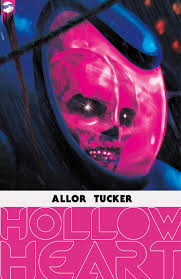
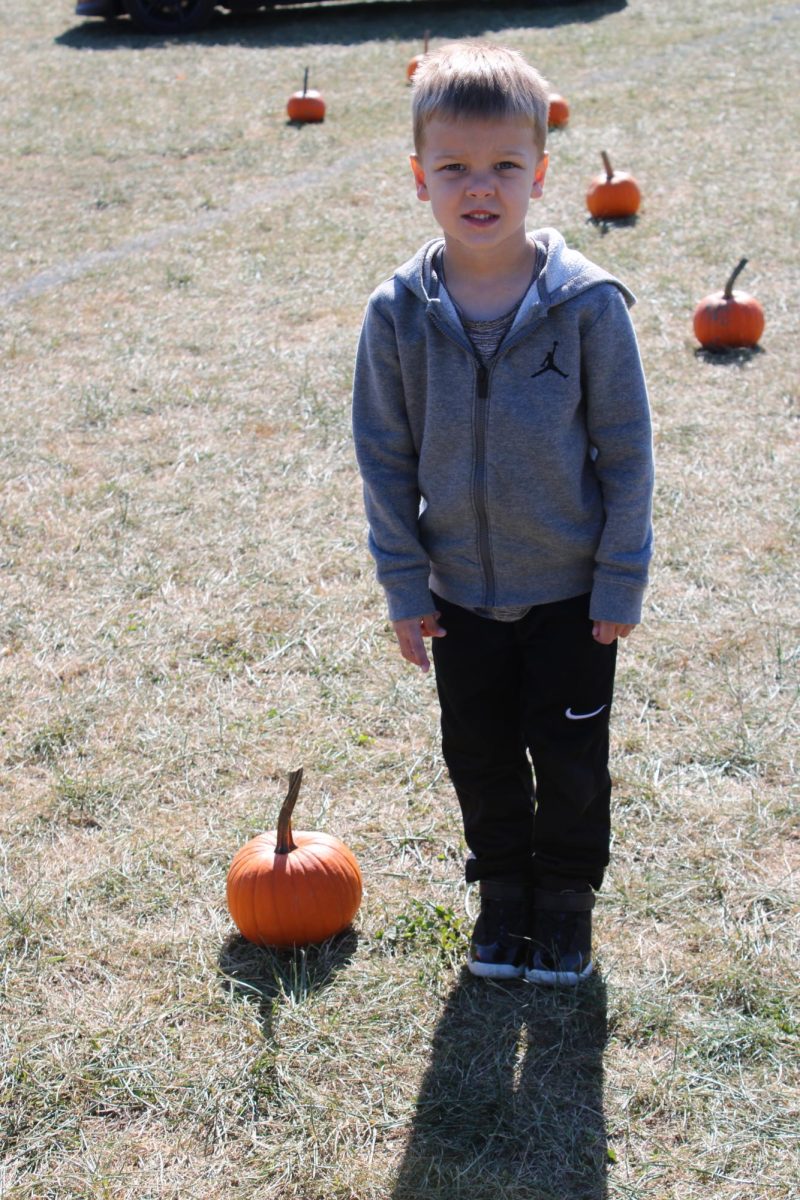
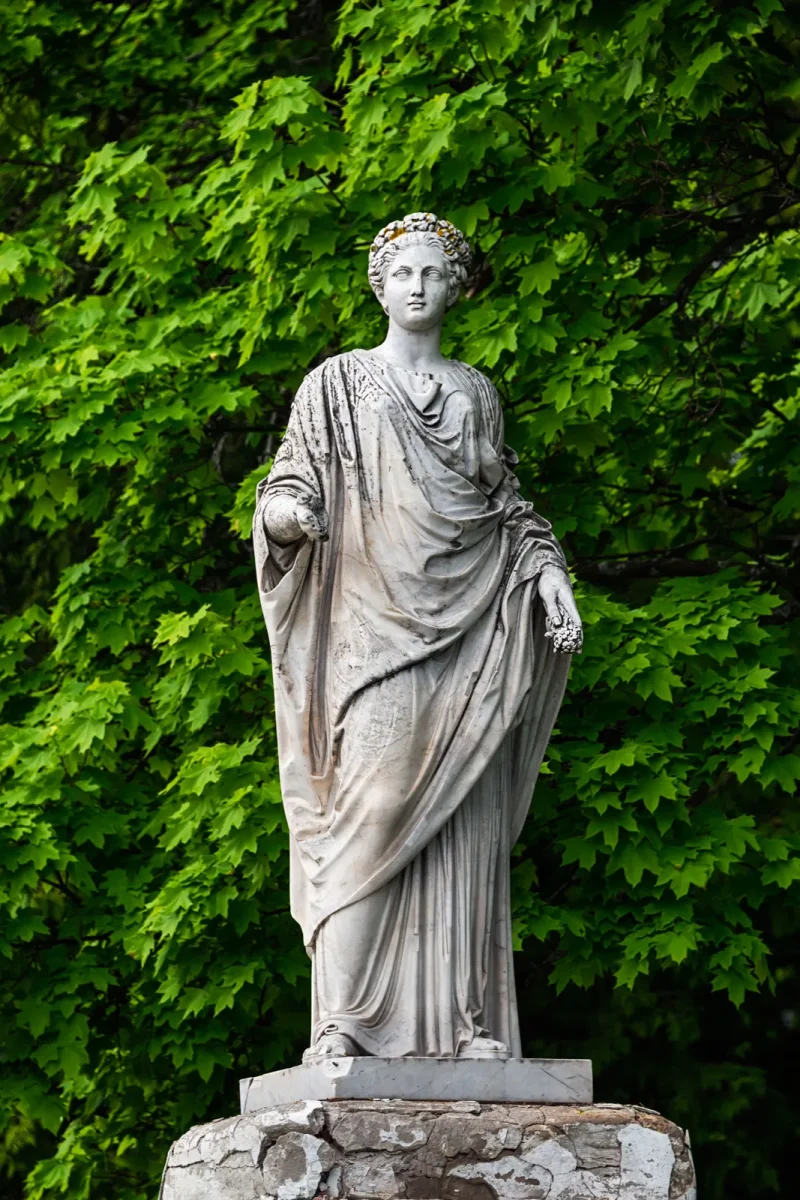
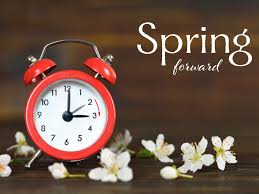

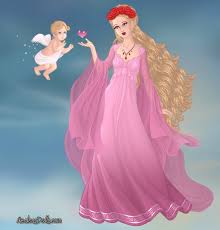
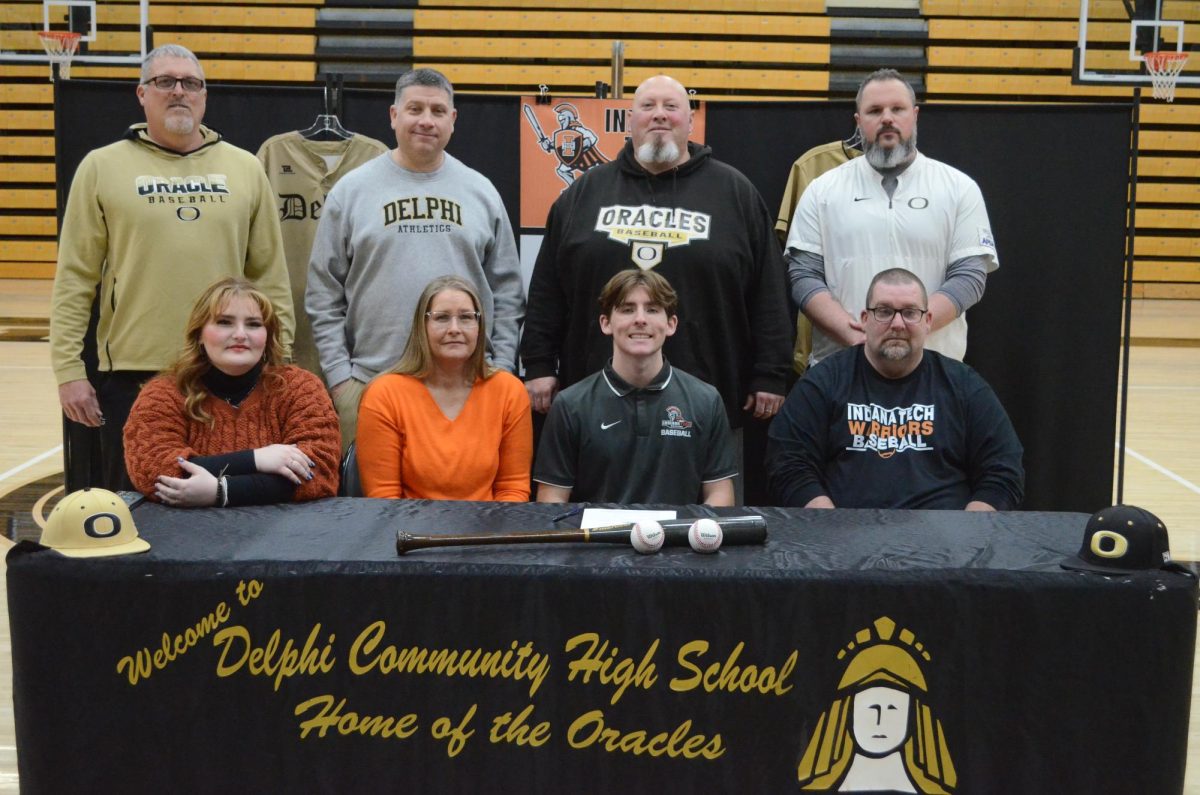
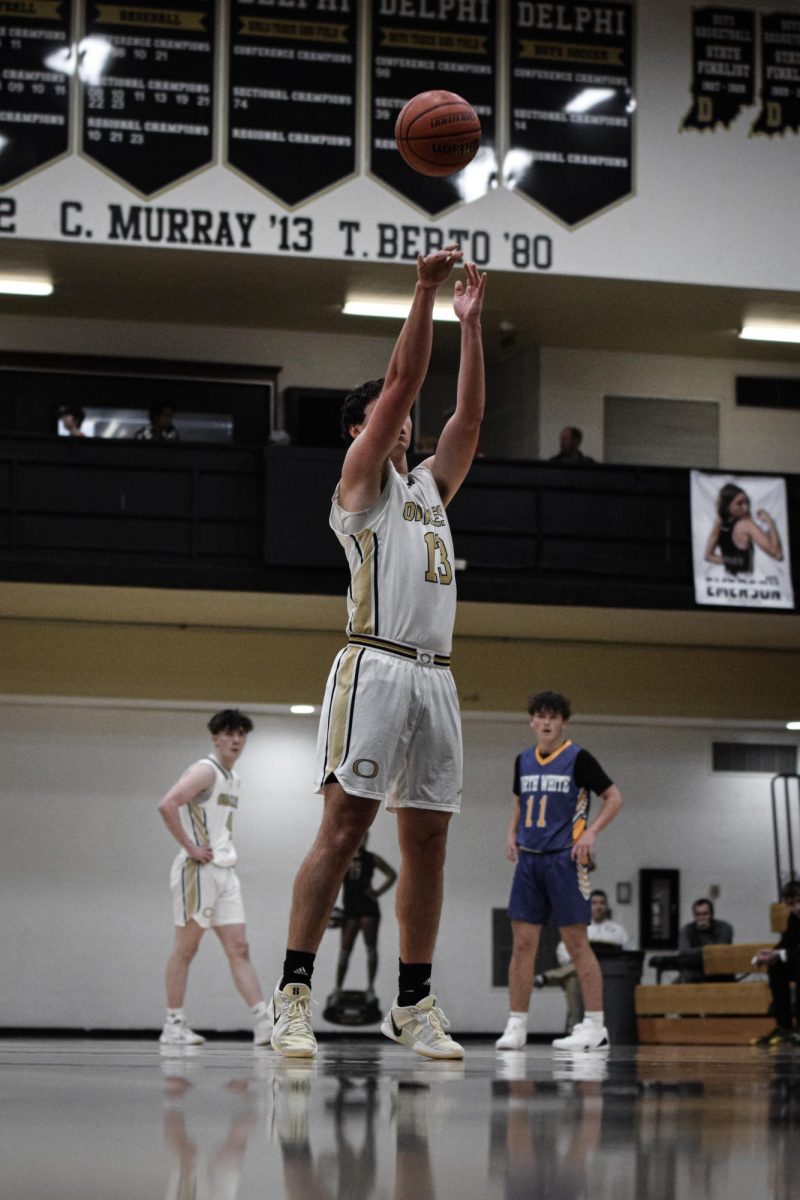

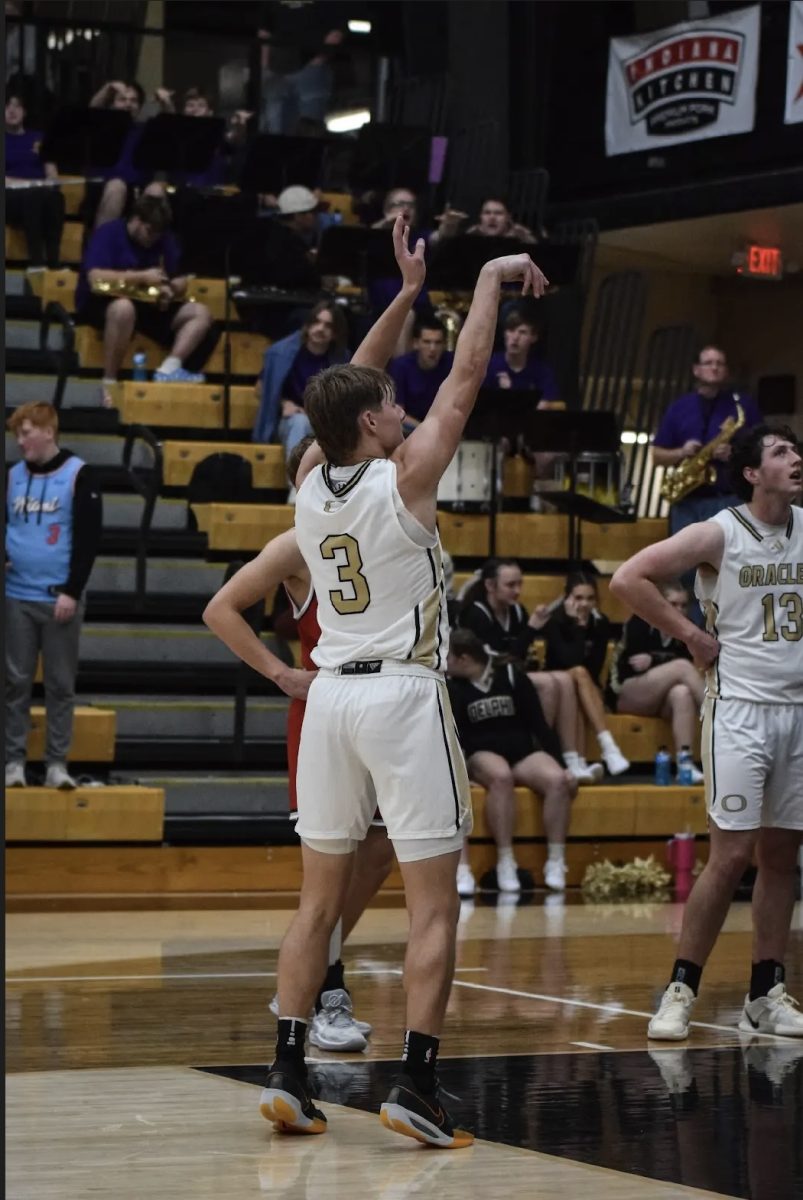



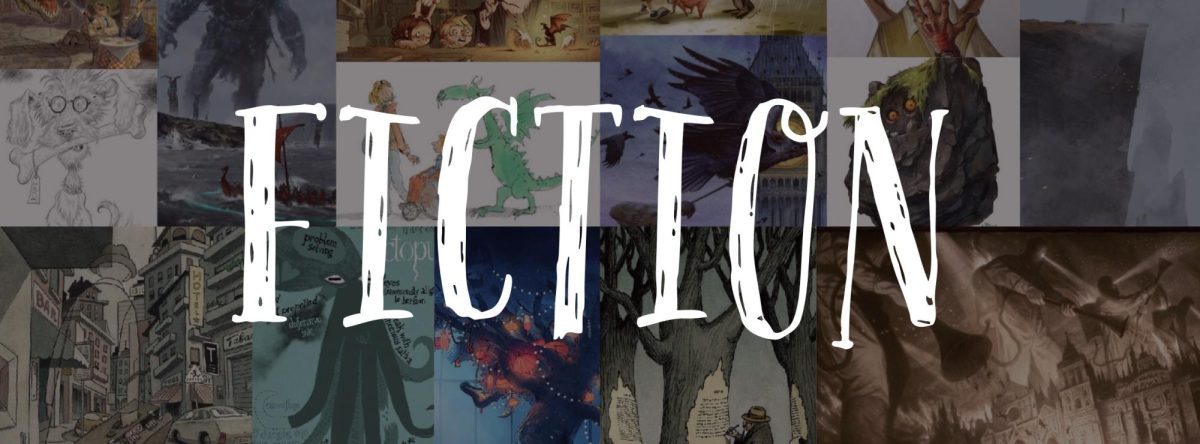

Bella • Oct 13, 2017 at 5:11 pm
I don’t know who wrote this article, but I completely 100% agree and if you go back to last year, you can read MY article that talked about this too! There are so many opportunities in books. I’ll use your example, “All The Bright Places”–a great discussion about depression, suicide, and mental illnesses. A couple of books that I read in high school that I think are super important are “Go Ask Alice” which talks about a young girl who goes through a drug addiction (a great way to show students how drugs are NOT GOOD AT ALL) and “Exit, Pursued By a Bear” which is about a girl who gets raped at cheerleading camp and how she and her community has to deal with that. It is an incredibly important conversation that is becoming more and more relevant, especially with seniors who will be going to college next year. Books are so opportunistic and it’s idiotic not to take lessons from them.
P.S. I highly suggest reading the books I suggested. Honestly life-changing